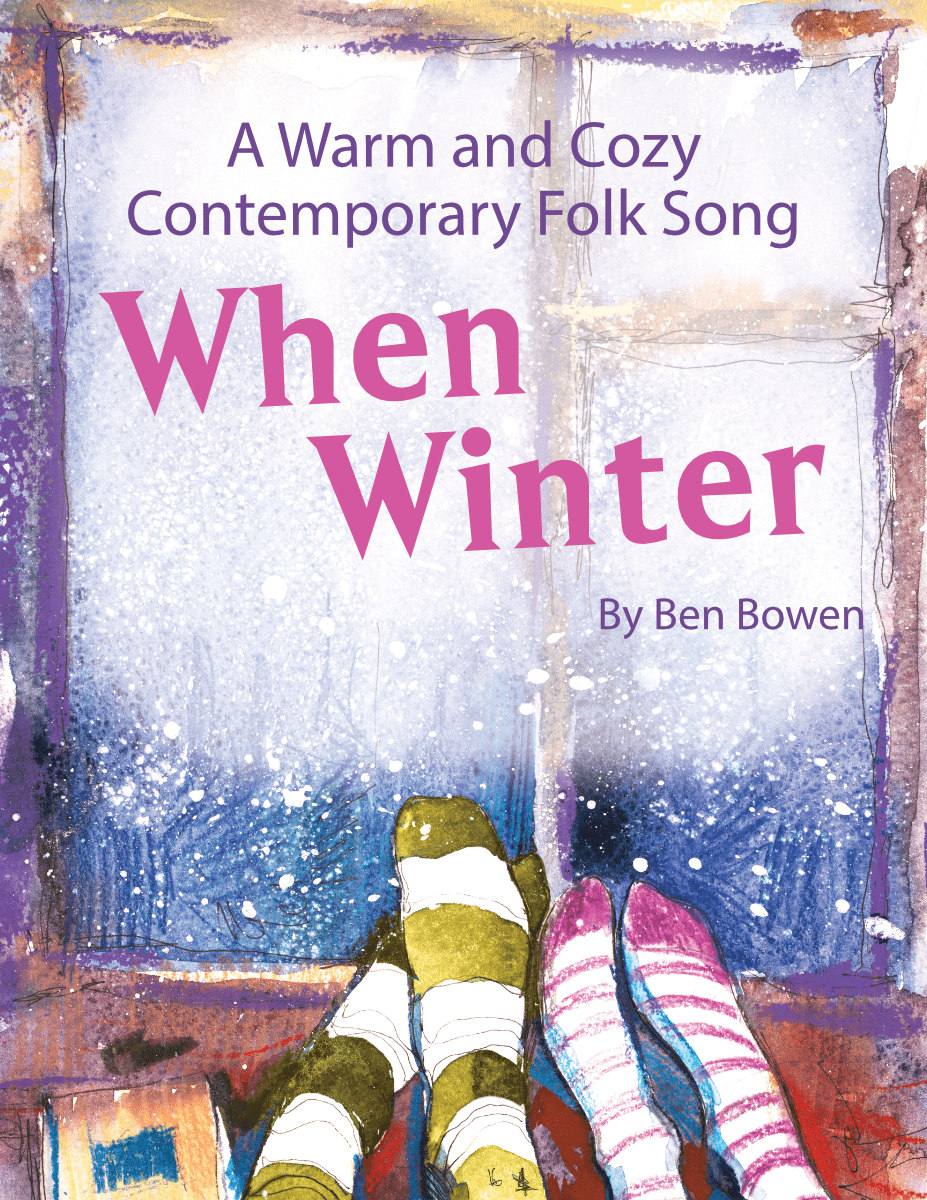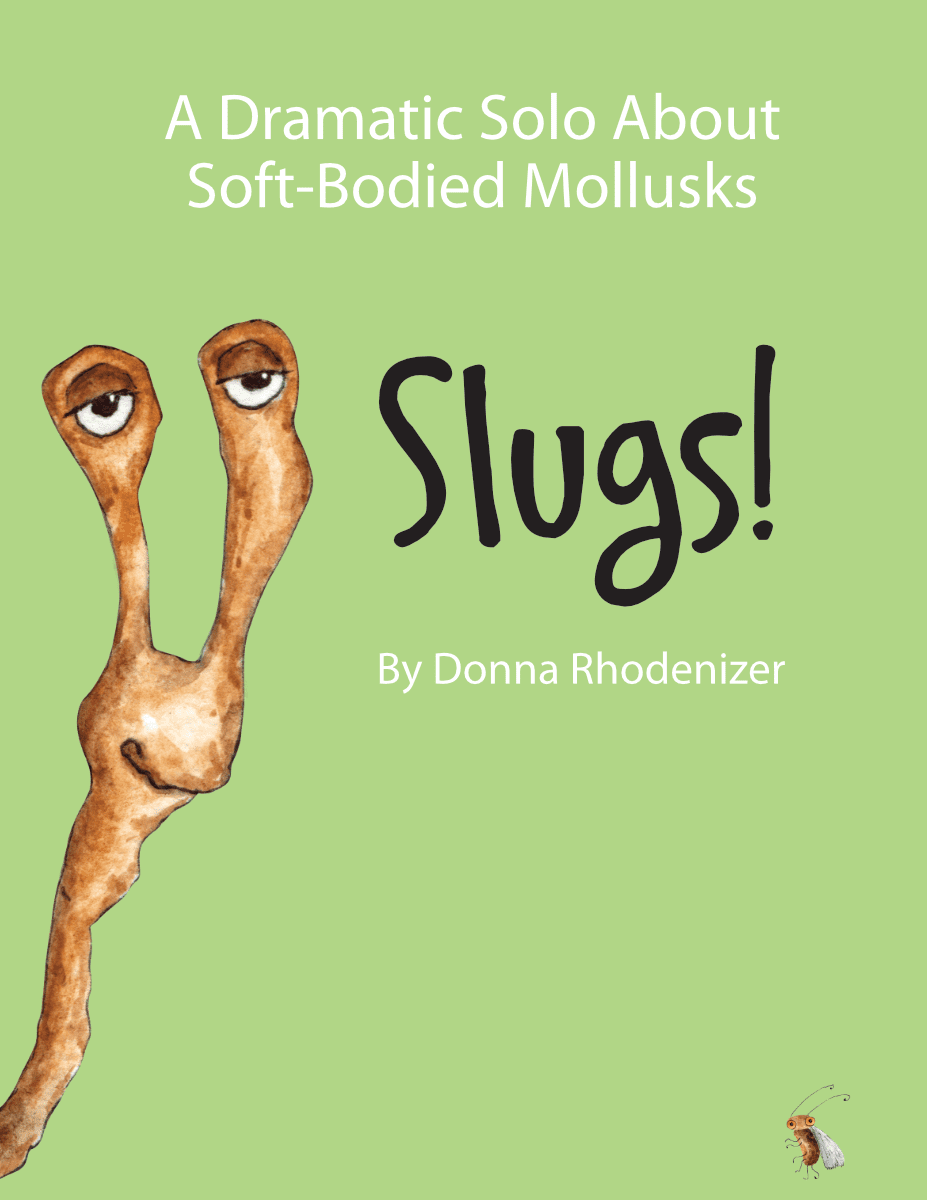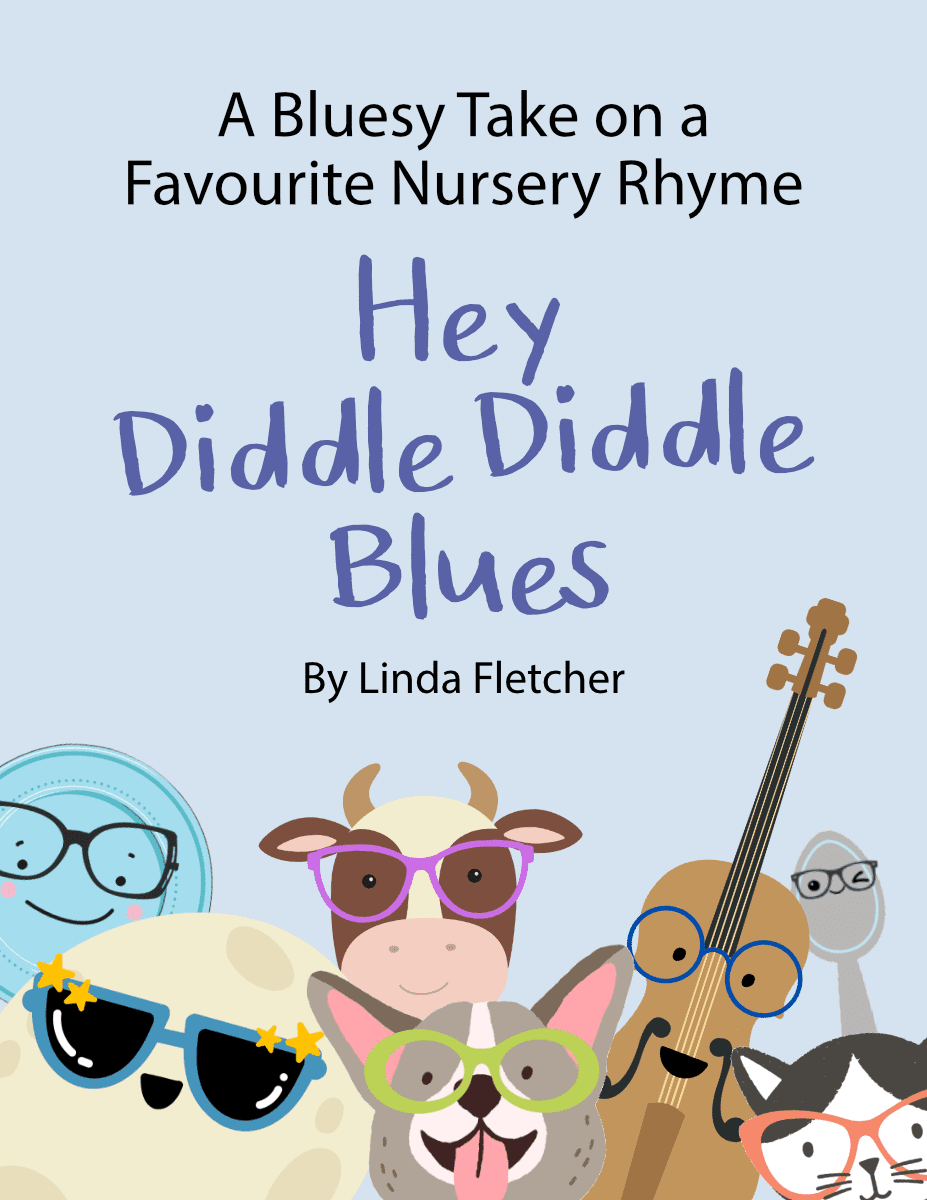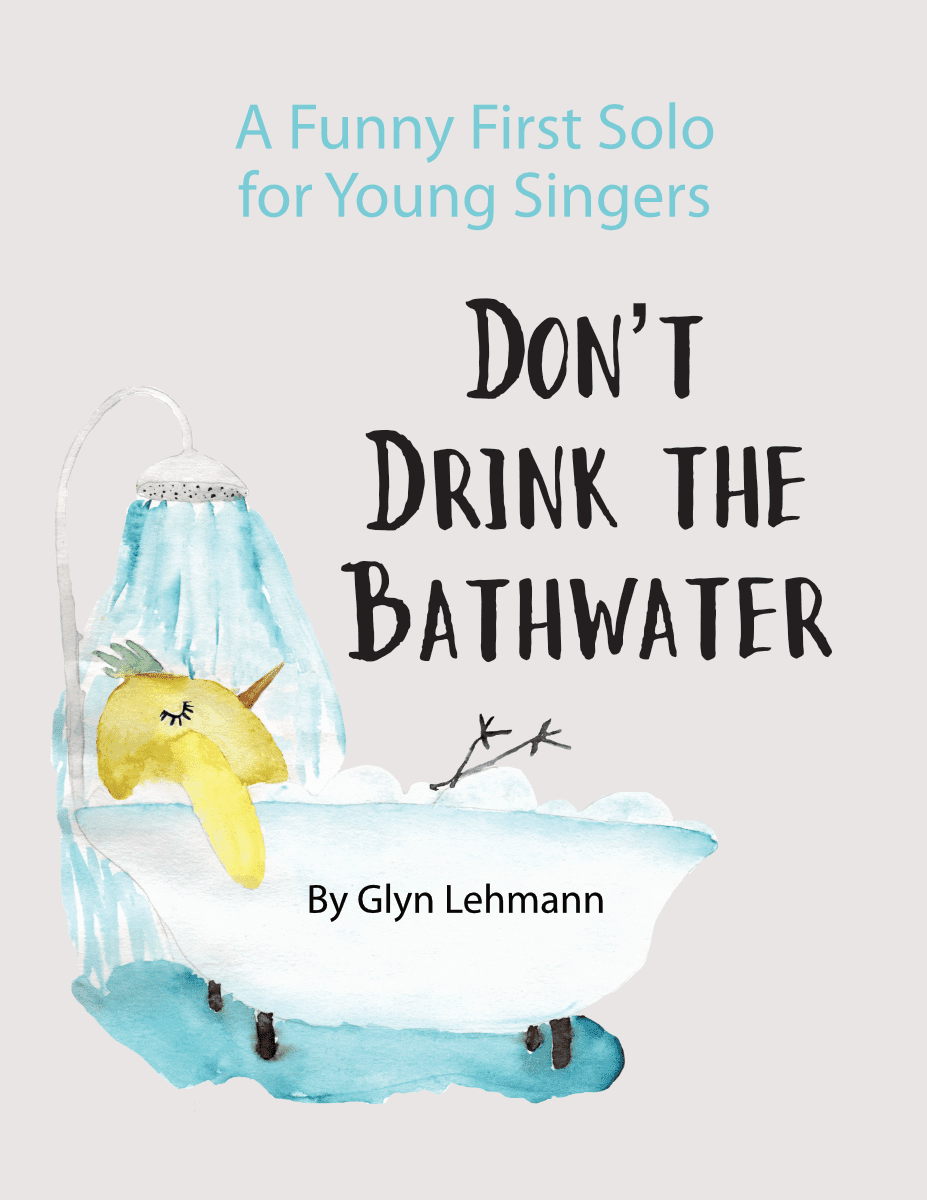This podcast is the 2nd part about Effective Lesson pacing for Young Singers. Nikki shares ten teacher and student tested activities that can help singers learn about their voices and develop musicianship skills. They are fun, educational activities, games, and exercises that are guaranteed to make your singers smile. (And make them better singers)
Â
Ten Fun and Educational Activities for Young Singers.
Young singers in the private lesson studio need so much more than just technical exercises and repertoire development. Beginners (of any age) need a safe place to discover and explore their voices, and they need to develop basic music skills. Using fun and educational activities, games and exercises will not only help your students to develop the voice; but they will also keep them engaged and learning. (Keeping them in lessons longer!) Here are our top 10 teacher and student tested activities (with links to resources).
1. Tonic Sol-fa (moveable DO) Games and Activities
Games that encourage independent and unaccompanied singing are crucial to helping a student build their confidence in the lesson studio or classroom. The tonic sol-fa system allows teachers to step away from the piano and students to sing accapella. Check out our 6-minute masterclass “Introduction to tonic sol-fa) using the mini tonic sol-fa cards here. Download free tonic sol-fa cards from our free teacher resources page.
2. Listening/Ear Training games
Major and minor triads, interval identification – let your beginners describe the sounds they are hearing with their own words.
3. Tongue Twisters
Tongue twisters will not only make your singers smile, they will open up great learning/teaching opportunities about our unique instrument and how the tongue, lips and teeth work together to make sounds. (Free tongue twister pages HERE)
4. Copy Cat Singing Games/Call and Answer
Start by singing one note or very small intervals and have the student sing it back to you. As your students’ confidence and skills grow you can move to longer melodies with larger intervals.
5. Copy Cat Rhythm Games
Clapping, tapping and singing rhythmic patterns is an important skill. Don’t wait to do this when they are at the intermediate level. This is a fun activity that will prepare them for exams or auditions. If you have a percussion instrument handy – let them use it.
6. Clapping/Tapping/moving to the beat of the music
Singers who struggle to feel the beat or pulse of a song will have difficulties with repertoire. Play some moderately paced music and:
a) make them tap/clap/or just move to the quarter notes.
b) clap or tap on beats 2 and 4
c) discuss why they should never clap/tap on beats 1 & 3
7. Written Theory Work
Everyone knows you remember more when you write it down. (That’s why we made the FULL VOICE resource a workbook with plenty of written activities for singers) Young singers enjoy working through music theory exercises on paper (don’t assign them for homework) and writing can help slow down the students who just want to do everything too quickly.
8. White Board Station
Kids love writing on a white board. Whether it is drawing treble clefs or learning the notes on the staff, why not make it more fun with a white board and coloured markers. (We highly recommend the Ultimate Music Theory Whiteboards. Two different sizes and the boards come with a piano keyboard at the top and two music staves. (and markers and a cute eraser too. You can find them here)
9. Exploring the Score/Repertoire Hide and Seek
Beginner singers are new to music notation, so that piece of music that you just put in front of them is probably stressing them out. Take the time to talk through the score and let your singers ask questions about the symbols and the weird way the text is written out. Reading text aloud is always a great idea before starting a new song.
10. Flashcards
Whether it is good old fashioned note naming flashcards or maybe your teaching studio is all about ipads and technology, flashcards and flashcard games provide a fun activity that makes learning quick and easy. We also recommend the Ultimate Music Theory flashcards. (over 7000 flashcards)
Teacher Challenges:
1. New year – new activities. Pick an activity that you have NEVER tried before with your students and give it a try. Let us know how it goes with your students in the comments below.
2. Try these activities with your older students. Most of these activities can be “ramped” up, becoming challenges for your intermediate and advanced students.
3. If you have any other activities that you and your students just LOVE – please leave it in the comments below. We love to hear what you are doing in your teaching studio.








